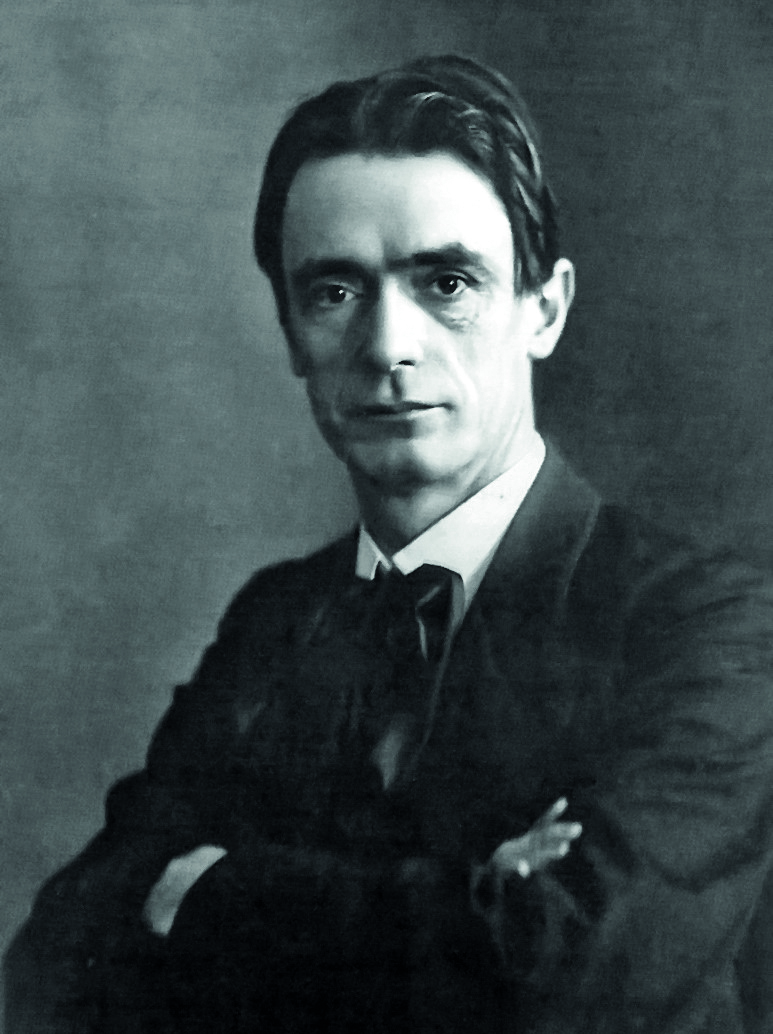
Making toys from sheep’s wool, wood, felt and cotton is just one of the activities that children who attend Steiner Waldorf settings take part in. Sanding and oiling wooden furniture and toys, mending things that break, cleaning windows and raking leaves are others.
As children cultivate the earth and grow, prepare and eat the organic food together, they learn about recycling as they compost the leftovers in order to grow more in the future. These activities foster a deep understanding of sustainability and are as pertinent now as they were in 1919, when the first Waldorf School opened in Stuttgart, Germany.
 Austrian educationalist Rudolf Steiner (1861-1925) had many hats. As well as being an educational reformer, he was an architect and a scientist who founded the biodynamic approach to agriculture, warning farmers that the widespread use of chemical fertilisers would lead to the decline of soil, plant and animal health and the loss of nutrients in food.
Austrian educationalist Rudolf Steiner (1861-1925) had many hats. As well as being an educational reformer, he was an architect and a scientist who founded the biodynamic approach to agriculture, warning farmers that the widespread use of chemical fertilisers would lead to the decline of soil, plant and animal health and the loss of nutrients in food.
Register now to continue reading
Thank you for visiting Nursery World and making use of our archive of more than 35,000 expert features, subject guides, case studies and policy updates. Why not register today and enjoy the following great benefits:
What's included
-
Free access to 4 subscriber-only articles per month
-
Unlimited access to news and opinion
-
Email newsletter providing activity ideas, best practice and breaking news
Already have an account? Sign in here
